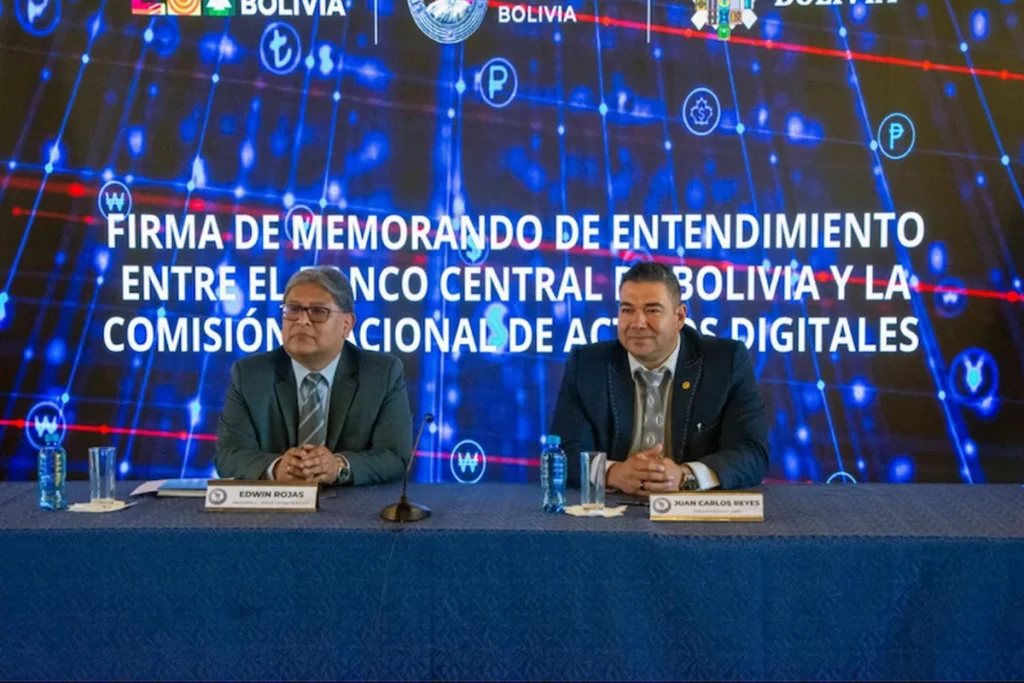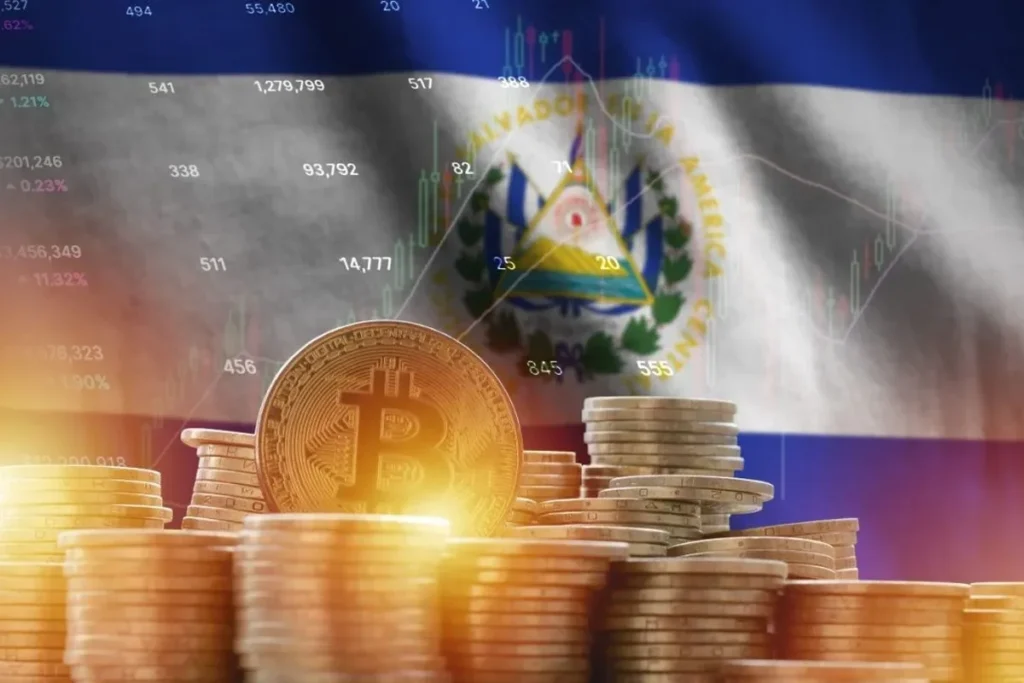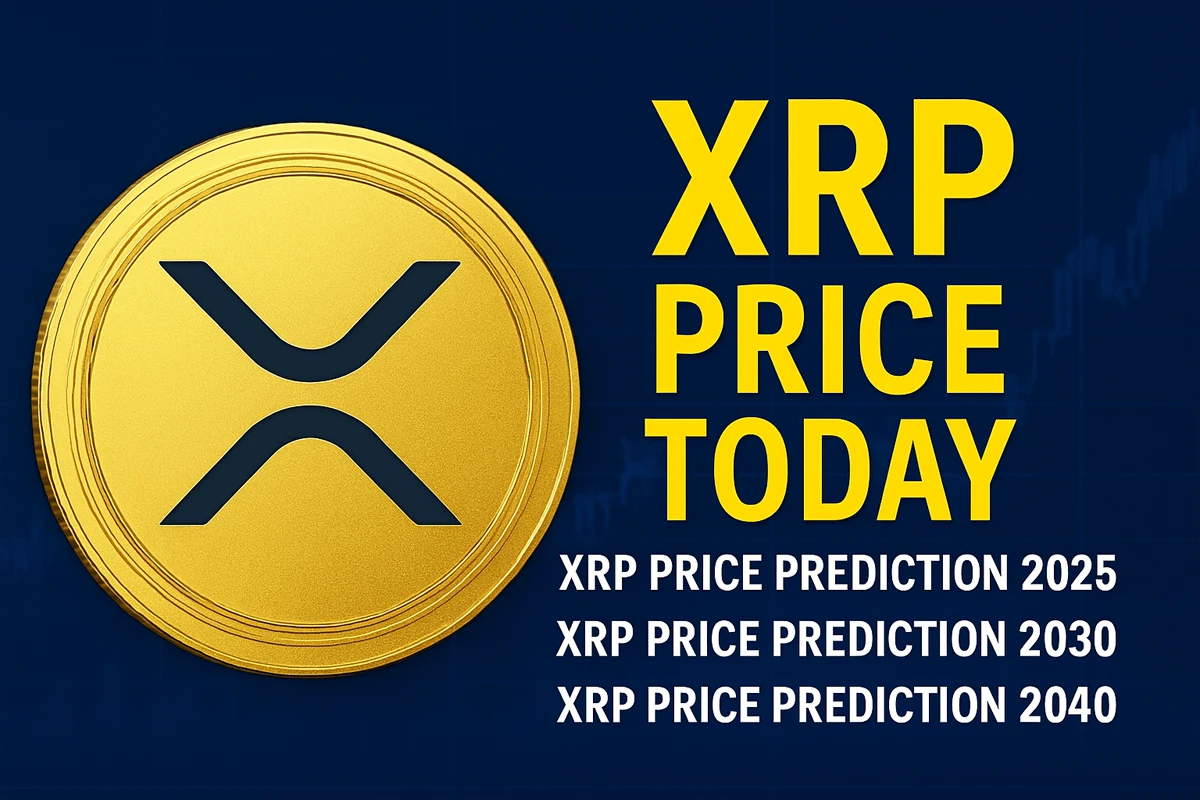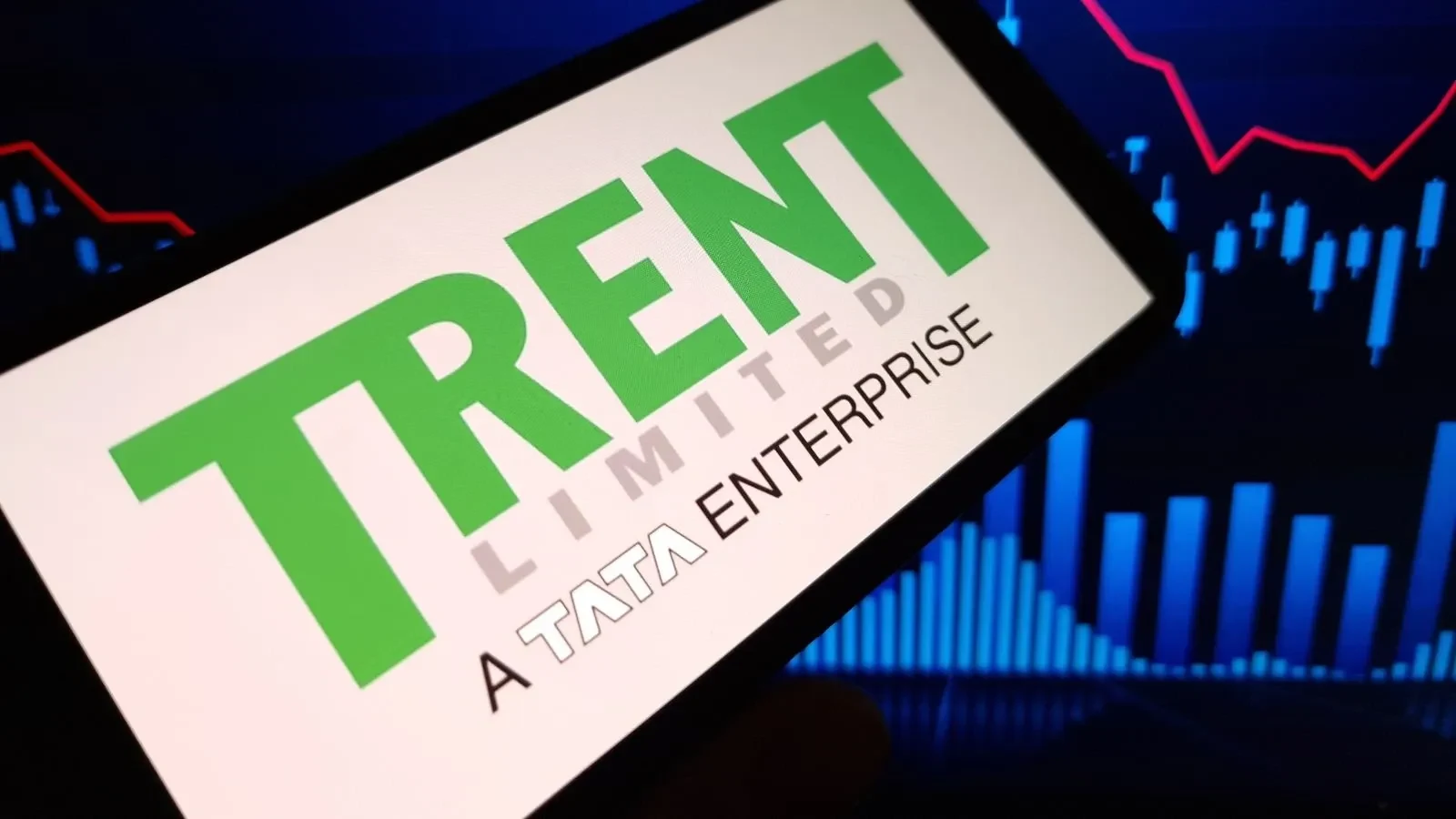Bitcoin Investment Banks in El Salvador: A New Chapter in Global Crypto Finance
El Salvador is once again in the global crypto headlines, and this time the reason is its new Investment Banking Law that is setting a fresh direction for Bitcoin. When El Salvador made Bitcoin a legal tender three years ago, the aim was to bring the general public into the crypto ecosystem. But now the focus is shifting to high-net-worth individuals and institutional investors. The move is not just a financial strategy but a power play that could make this Central American country an emerging crypto finance hub.
Under the new law, only investment banks that maintain a minimum of $50 million in capital can work with Bitcoin and other digital assets. But entry is not for everyone—access is only for “sophisticated investors” who have at least $250,000 in freely available funds and accredited financial knowledge. This means that this market is tailor-made for large financial institutions and high-net-worth investors, not for ordinary people.
Bitcoin Banking Revolution in El Salvador

The law passed by El Salvador’s Legislative Assembly allows investment banks to issue bonds, arrange public–private partnerships, and provide or issue digital assets like Bitcoin. According to lawmaker Dania González, these reforms will attract international private capital and make El Salvador a specialized financial hub that will compete at the regional level.
The move comes as President Nayib Bukele is strengthening his political control. He recently approved constitutional changes that extended the presidential term from five to six years and removed term limits. This theoretically means Bukele could remain in power for several decades—and make Bitcoin a core part of his national strategy.
Interestingly, despite the $1.4 billion loan deal with the IMF, El Salvador appears to be increasing its reported bitcoin holdings. According to blockchain data, he now holds 6,264 BTC, equivalent to about $739 million at current prices. The IMF says these are not fresh purchases but coins shuffling between wallets. But this ambiguity has left the global crypto community thinking.
New Bitcoin Banking Law Opens Doors for Sophisticated Investors
Juan Carlos Reyes, president of El Salvador’s Commission of Digital Assets (CNAD), clarified that the new law allows private investment banks to operate in legal tender and foreign currencies, but only for sophisticated investors. If a bank obtains a Digital Asset Service Provider (PSAD) license, it can operate as a full-fledged Bitcoin bank.
The biggest impact of this move could be that foreign investment is attracted towards El Salvador, which will make the country’s financial infrastructure modern and crypto-friendly. Already, crypto companies and financial firms are showing interest here due to this regulatory climate. But critics say that this adoption is not bringing much benefit to the common citizens but is only benefiting large businesses and the government.
International Partnerships Driving Crypto Growth
President Bukele recently met Pakistan’s State Minister of Crypto and Blockchain, Bilal Bin Saqib. The two shared nation-state-level Bitcoin adoption strategies and energy policies to foster crypto mining. According to Saqib, despite being under the IMF program, emerging economies can accelerate their economic growth by using technology and financial instruments.
Meanwhile, Bolivia’s central bank signed a memorandum with CNAD to promote cryptocurrencies as an alternative to traditional fiat currencies. The move comes during Bolivia’s currency crisis, where a shortage of the US dollar made trading difficult. The crisis has accelerated the adoption of stablecoins, as Tether CEO Paolo Ardoino also highlighted.
The Silence Around Bitcoin Purchases

The El Salvador government’s stance on Bitcoin purchases is still mired in controversy. The IMF says there has been no genuine increase in the national Bitcoin reserve since the loan agreement was signed in December, and any changes that have occurred are purely wallet-to-wallet movements. But El Salvador’s National Bitcoin Office (ONBTC) has been announcing new Bitcoin additions on social media.
On August 3, ONBTC announced that the reserve had reached 6,258.19 BTC. President Bukele, who is usually quite active on social media, has remained silent on the issue. This silence is creating doubts in the crypto community. A simple clarification tweet can put an end to the entire speculation, but this has not happened yet. If El Salvador truly wants to become the crypto hub of Latin America, transparency is essential.
Disclaimer:
This article is for informational purposes only. The content here is not intended to provide financial advice. Cryptocurrency investments can be risky, so consult your financial advisor before making any investment decision.
Also Read
Binance & BBVA Partnership Sparks a New Era in Crypto Banking







